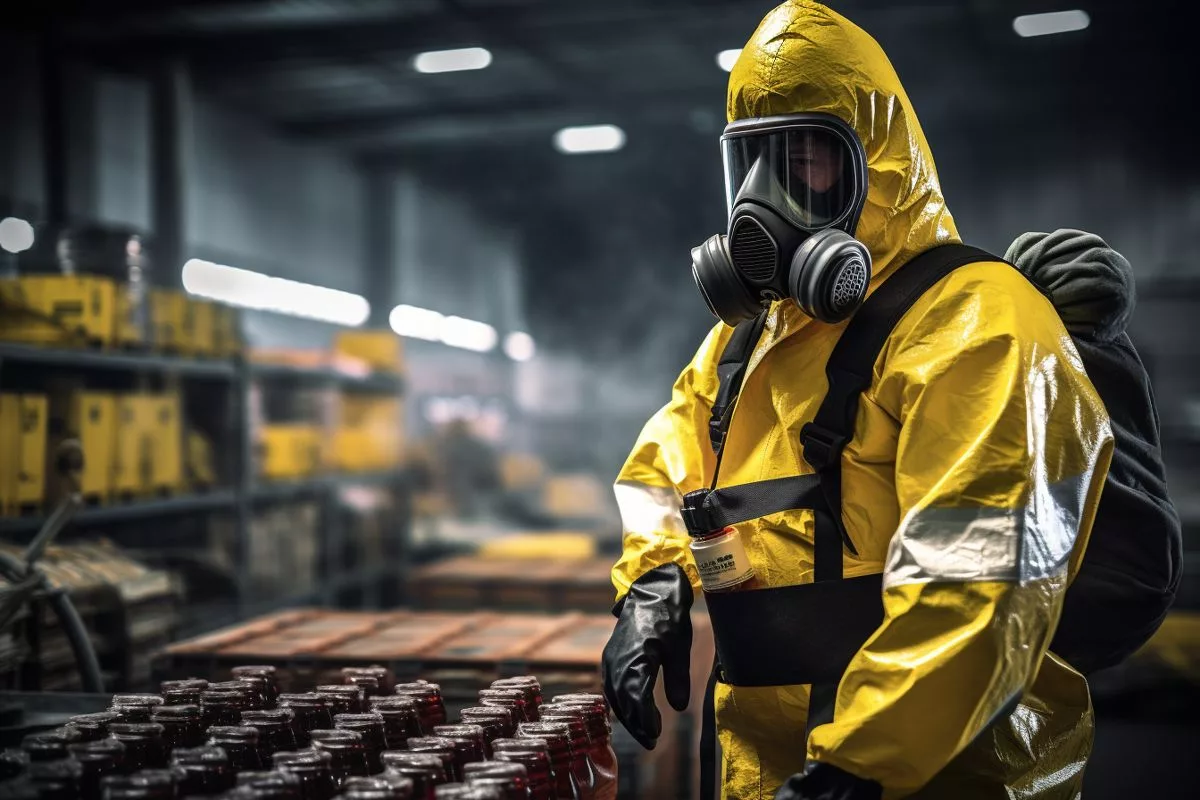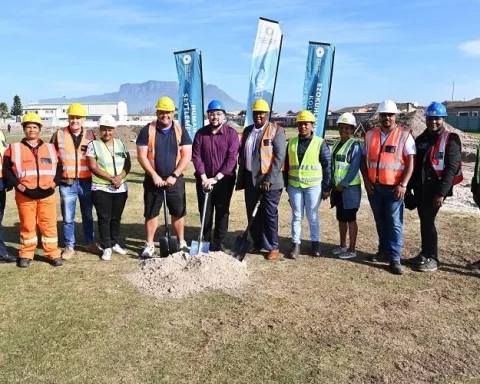The newly enacted MHI Regulations of 2022 aim to improve workplace safety by refining and broadening protective measures related to handling bulk hazardous substances. A significant change in the updated regulations is the expectation for MHI facilities to self-regulate, which includes the adoption of incorporated standards and creation of a Major Prevention Incident Policy. The event will bring together a diverse array of stakeholders, and media participation is encouraged.
What are the new Major Hazard Installation Regulations of 2022 and why are they important for workplace safety?
The newly enacted Major Hazard Installation (MHI) Regulations of 2022 aim to improve workplace safety by refining and broadening protective measures related to handling bulk hazardous substances. A significant change in the updated regulations is the expectation for MHI facilities to self-regulate, which includes the adoption of incorporated standards and creation of a Major Prevention Incident Policy. The Department of Employment and Labour’s MHI Roadshow aims to raise awareness of these essential safety protocols and equip stakeholders with the knowledge and tools needed to effectively implement them.
New Regulations for a Safer Workplace
In a crucial move to improve workplace safety, the Department of Employment and Labour plans to hold a breakfast session in Durban on 31 October 2023, signifying the start of the Major Hazard Installation (MHI) Roadshow. Taking place in the KwaZulu-Natal Province, this event has garnered significant interest from stakeholders and media outlets.
The main goal of the MHI Roadshow is to present the newly enacted Major Hazard Installation Regulations of 2022 and raise awareness of these essential safety protocols. Led by the Minister of Employment and Labour, T.W. Nxesi, the MHI Regulations were formally enacted on 13 November 2022, published on 31 January 2023, and their implementation announced on 17 May 2023. As a result, the MHI Regulations of 2001 have been revoked and are no longer in effect.
These updated regulations provide a foundation for comprehending the inherent dangers related to handling bulk hazardous substances, which pose potential threats to employees and the public at large. By refining and broadening protective measures, the 2022 MHI Regulations showcase the Department of Employment and Labour’s dedication to preserving the well-being of workers and citizens alike.
Self-Regulation and Key Changes
A prominent change in the updated regulations is the expectation for MHI facilities, or duty holders, to self-regulate. This entails:
- Classification of MHIs
- Registration of approved MHI
- Adoption of incorporated standards (SANS 1461 and SANS 1514)
- Creation of a Major Prevention Incident Policy and Safety Case License for operating High Hazard Establishments
The event’s primary emphasis is on MHIs across the nation, local government officials at all levels, and Occupational Health and Safety (OHS) representatives. Attendees consist of a diverse array of stakeholders, such as:
- National and Provincial Department of Employment and Labour
- Major Hazard Pipelines (Sasol, Transnet, Afrox, and others)
- Local Government at all levels (i.e., Metropolitans, Municipalities, and Tribal authorities)
- Land Zoning, Town Planning, Emergency Services, Disaster Management, etc.
- Department of Transport (Marine, Rail, Road, and Aviation)
- Eskom, Rand Water, Optic Fibres
- National Energy Regulator of South Africa
- Railway Safety Regulator
- Critical Infrastructure Protection: SAPS
- MHI Facilities
Media Participation and Event Details
The media is urged to attend and engage in the event, which takes place at the 1 Pier Auditorium, Transnet Port Terminal in Durban. Scheduled from 8:30 AM until 4:00 PM, this crucial gathering aims to highlight the significance of the MHI Regulations and their role in fostering a safer work environment for all.
As we observe the official introduction of the Major Hazard Installation Regulations, it is clear that the Department of Employment and Labour is committed to safeguarding the welfare of employees and the general public. By organizing the MHI Roadshow, the department seeks to inform and equip stakeholders, ensuring they possess the knowledge and tools needed to effectively implement these critical safety measures. Through cooperation and a mutual dedication to safety, it is evident that a new age of hazard prevention is well on its way.
What is the Department of Employment and Labour’s MHI Roadshow?
The MHI Roadshow is an event organized by the Department of Employment and Labour to raise awareness of the newly enacted Major Hazard Installation (MHI) Regulations of 2022. The event aims to equip stakeholders with the knowledge and tools needed to effectively implement essential safety protocols related to handling bulk hazardous substances.
When and where will the MHI Roadshow take place?
The MHI Roadshow will take place on 31 October 2023 in Durban, KwaZulu-Natal Province, at the 1 Pier Auditorium, Transnet Port Terminal.
Who will attend the MHI Roadshow?
The event will bring together a diverse array of stakeholders, such as national and provincial Department of Employment and Labour representatives, local government officials at all levels, Occupational Health and Safety (OHS) representatives, Major Hazard Pipelines, and critical infrastructure protection agencies.
What are the key changes in the newly enacted MHI Regulations of 2022?
A significant change in the updated regulations is the expectation for MHI facilities, or duty holders, to self-regulate. This entails the adoption of incorporated standards and the creation of a Major Prevention Incident Policy and Safety Case License for operating High Hazard Establishments.
How do the updated MHI Regulations aim to improve workplace safety?
The newly enacted MHI Regulations of 2022 aim to improve workplace safety by refining and broadening protective measures related to handling bulk hazardous substances. The regulations provide a foundation for comprehending the inherent dangers posed by these substances and showcase the Department of Employment and Labour’s dedication to preserving the well-being of workers and citizens alike.
Why is media participation in the MHI Roadshow encouraged?
Media participation in the MHI Roadshow is encouraged to raise awareness of the importance of the MHI Regulations and their role in fostering a safer work environment for all. The event aims to highlight the critical safety measures necessary to handle bulk hazardous substances effectively.
What are the essential safety protocols related to handling bulk hazardous substances?
The essential safety protocols related to handling bulk hazardous substances include self-regulation by MHI facilities, adoption of incorporated standards, creation of a Major Prevention Incident Policy, and Safety Case License for operating High Hazard Establishments.
What is the Department of Employment and Labour’s objective with the MHI Roadshow?
The Department of Employment and Labour’s objective with the MHI Roadshow is to raise awareness of the newly enacted MHI Regulations of 2022 and equip stakeholders with the necessary knowledge and tools to implement essential safety protocols related to handling bulk hazardous substances effectively.








